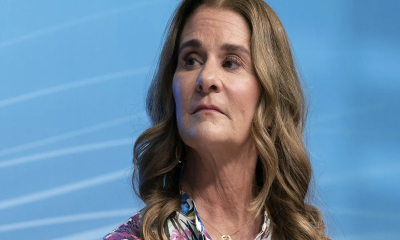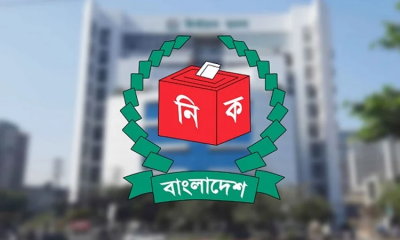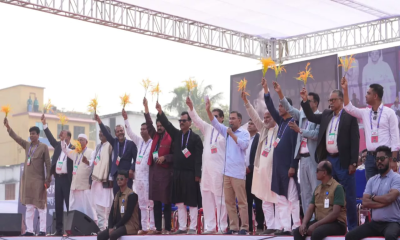BNP Secretary General Mirza Fakhrul Islam Alamgir has made a strong statement, saying that any reforms in the country will only be considered legitimate if they are driven by an elected government.
He stressed the need for national unity, urging all democracy-loving citizens to come together to restore democracy and save the nation from its current crisis.
Speaking at a book launch event at the BNP Chairperson`s office in Gulshan on Thursday, January 9, Fakhrul said, “Reform is definitely needed. However, the driving force behind those reforms must be an elected parliament, an elected government. Without that, we can never grant legitimacy to any reform. We don’t want to engage in unnecessary debates over this. I urge all democracy-loving people in the country to remain united and not allow divisions among themselves.”
The event was held to launch the book "Rajbandir Jabanbandi", which is based on the court testimony of BNP Chairperson Khaleda Zia under Section 342 in the Zia Orphanage Trust corruption case.
The book was edited by the late Professor Emajuddin Ahmed.
During his speech, Mirza Fakhrul criticized what he called an unhealthy competition for power in the country. He said, “Since Hasina’s escape, for some reason, we have not been able to fully regain our trust in ourselves, nor have we been able to hold onto our unity. It’s unfortunate, but what we’re seeing now is not a healthy development—it’s a dangerous race for staying in power.”
Fakhrul also pointed out that power alone is not enough without stability and reforms led by proper leadership.
“Power will only last when you can settle things, when stability is established. That’s why we keep saying, we were the ones who initiated the reforms, my friend,” he added.
He mentioned BNP founder Ziaur Rahman’s contributions, such as introducing multiparty democracy, press freedom, a free-market economy, and his famous 19-point program, which he called the “biggest reform initiative” in the country’s history.
Fakhrul said, “The philosophy of Bangladeshi nationalism itself is a blueprint for reform. But no one talks about this. Our intellectuals don’t bring these things to light because many of them have failed to establish a connection with the soil and the people of this country.”
Expressing concern over certain individuals` attempts to create division in the name of reforms, he urged political leaders and activists to avoid causing further rifts. “I don’t know why some people have become so desperate that they’re trying to divide the country again. They want to fragment the people and are making divisive statements and provocative remarks. I urge you, please don’t go down that path,” Fakhrul cautioned.
He also spoke about Khaleda Zia’s recent trip to London for medical treatment, saying, “What an inevitable turn of history—today, our leader Begum Khaleda Zia has been released and is heading to London for treatment with state honors. Along her journey, millions of people came out to bid her farewell out of love. She has received international recognition and respect.”
Fakhrul expressed gratitude to those who supported Khaleda Zia’s treatment journey, including the Emir of Qatar, who provided an air ambulance free of charge, and the British government for facilitating her visa.
"Rajbandir Jabanbandi"
The book Rajbandir Jabanbandi is based on Khaleda Zia’s court testimony during the Zia Orphanage Trust case. Mirza Fakhrul urged everyone to read the book, describing it as a valuable historical document. “If you read this book, you will see that it’s a piece of history, a roadmap, and the finest example of politics. Many of us aren’t even aware of what’s in it,” he said.
Several nationalist online activists who were involved in the anti-government movement and suffered enforced disappearances or torture in police custody attended the book launch. Among them were Humayun Kabir, Abdur Rahman Noor, Rezwanul Haque, Shipon Ahmed, Wasim Iftekharul Haque, and Kajol Rahman. They shared their personal stories of being tortured during their disappearance.
In response, Fakhrul expressed his appreciation for the sacrifices made by the activists, saying, “Those who fought, who were imprisoned, who were tortured—they have achieved something. Thanks to their struggle, our leader is now free and has been able to travel abroad for treatment. Our Acting Chairman will also be free soon. In a few days, he too will be with us. The struggles of our people, students, youth, and women have not been in vain, and they will not be in vain. We should not allow ourselves to fall into despair here.”
He also hit back at critics, particularly those who question Khaleda Zia’s contributions to the country. Fakhrul stated, “If Khaleda Zia cannot be called a freedom fighter, then how can Inu and Amu be called freedom fighters?”
Referring to Khaleda Zia’s involvement in politics, Fakhrul said she didn’t enter politics for power but to free the nation from tyranny. “When she entered politics, there was no prospect of becoming Prime Minister. She came to liberate the nation from the clutches of tyranny,” he remarked.
Describing her as the first female freedom fighter, Fakhrul explained, “When I call Khaleda Zia the first female freedom fighter, the fascists get angry with me. They say all sorts of nasty things, but it’s the truth.”
He went on to recount how she faced difficult situations during the 1971 Liberation War when Ziaur Rahman declared independence, leaving her alone in Chittagong with their two children. “At that time, the soldiers came to her, saying, ‘Our commander is no longer here. They’re telling us to surrender our arms. What should we do now?’ She replied, ‘Don’t surrender a single weapon until your commander returns.’ But sadly, no one wants to acknowledge this,” he noted.
Fakhrul also reminded the audience that Khaleda Zia was arrested by the Pakistan army and spent nine months in prison during the Liberation War. He questioned why her contributions have not been recognized, especially in comparison to those of Hasanul Haq Inu and Amir Hossain Amu.
The event was presided over by BNP Chairperson’s advisor and former Secretary Ismail Zabihullah. Senior journalist Shafik Rehman attended as the special guest, and other speakers included Mahmuda Habiba, BNP Acting Chairman’s advisor Mahdi Amin, and former Biman pilot Rezaur Rahman. The program was conducted by BNP leader Shahidul Islam.


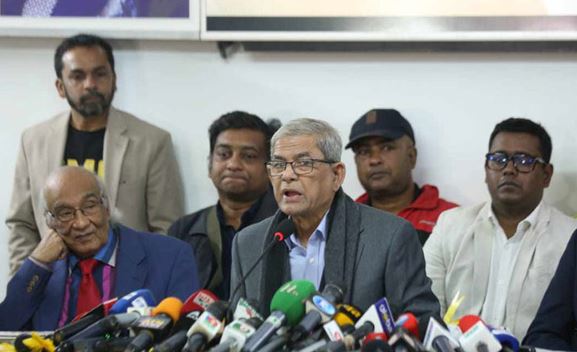

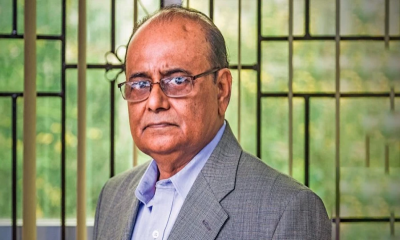
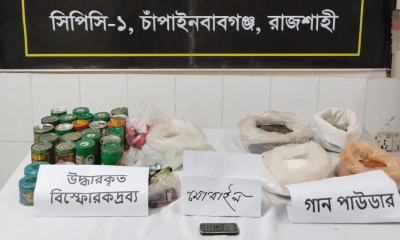
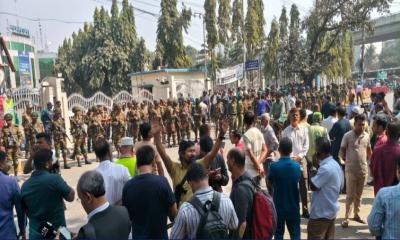
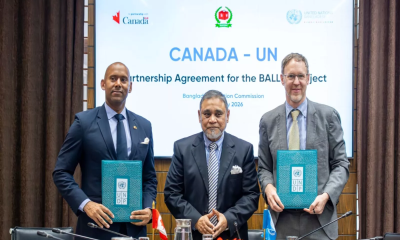
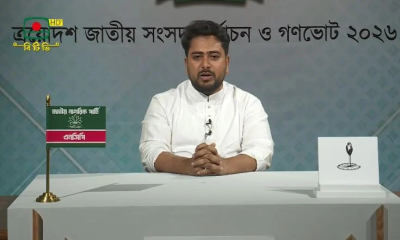
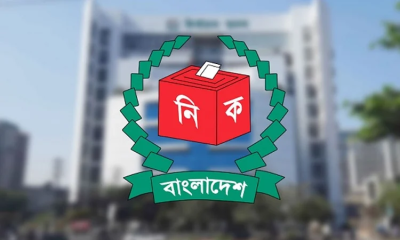




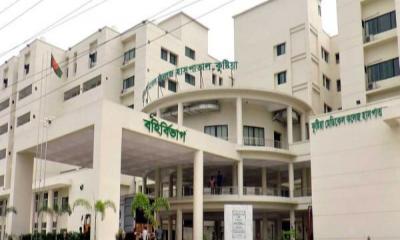
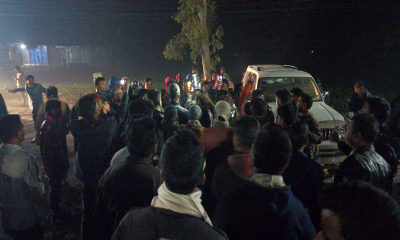

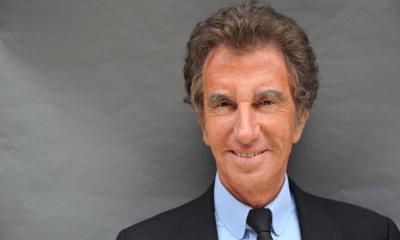
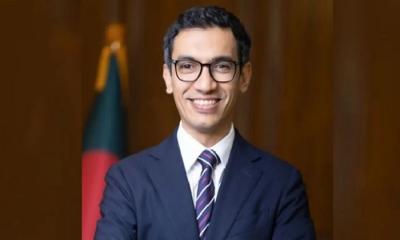




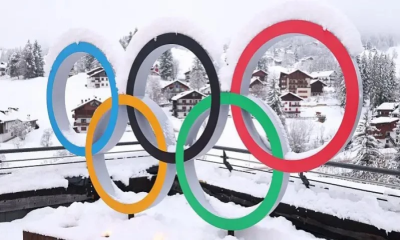
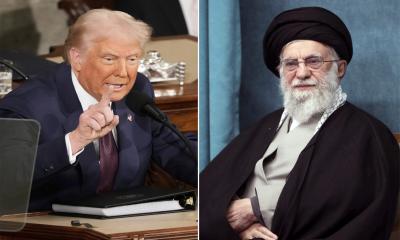


-(25)-20251122062715-20260203032300.jpeg)
